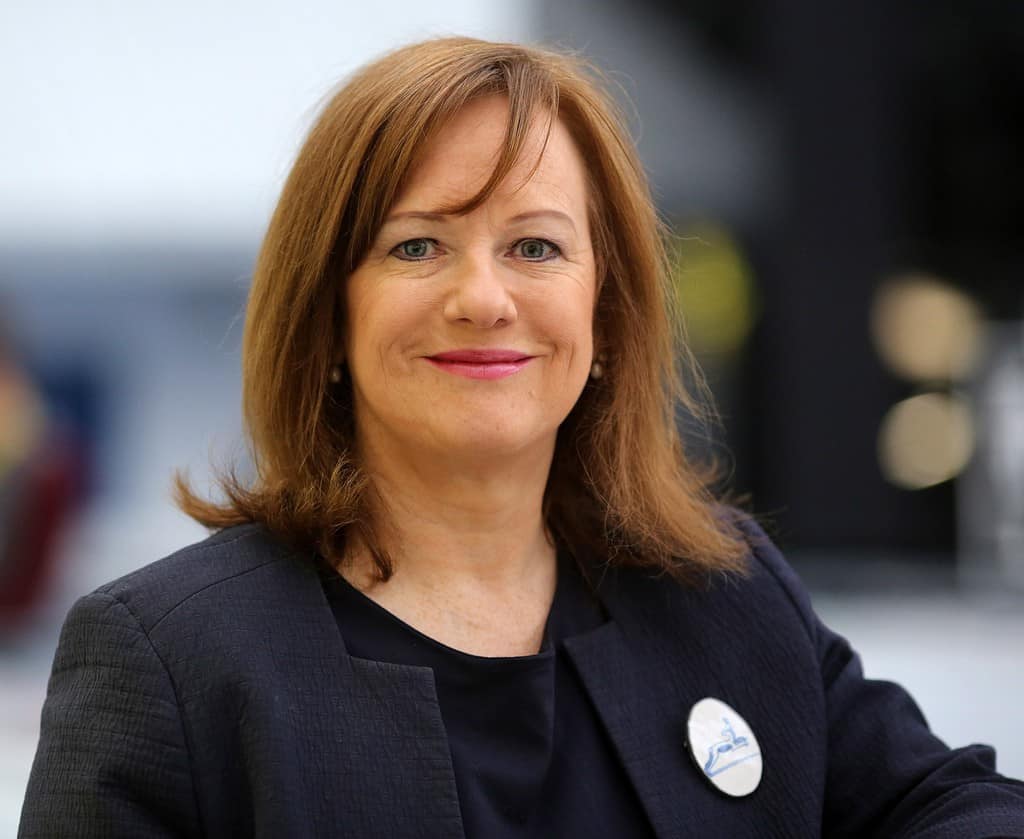Local MSP Joan McAlpine has spoken in favour of Scottish Government initiatives which improve the lives of women ahead of a debate for International Women’s day on Friday.
The South of Scotland MSP used the opportunity to highlight how the Scottish Government is leading the way by promoting initiatives and providing funding which helps women participate in education, the workforce and sporting events. Ms McAlpine was speaking ahead of the debate, entitled “Balance for Better,” which will take place in the Scottish Parliament.
Commenting Ms McAlpine says,
“The recent Scottish Government budget announced plans to almost double the paid-for provision of childcare to 1,140 hours from August 2020 for all 3 and 4 year olds and eligible 2 year olds, as well as committing £500 million to support the expansion of early learning services and facilities across Scotland. This funding will enable thousands of women return to work after having kids as well as moving from part time to full time work.
“Carers, who are primarily women, will also see an increase in the Carer’s Allowance Supplement to £552. This is an extra payment for people in Scotland and is over and above the grants that are available to carers in the rest of the UK.
“In terms of education, the Scottish Government has launched a programme aimed at encouraging more girls to pursue science, technology, engineering and mathematics (STEM) subjects. This initiative is set to be rolled out in early learning centres and schools across Scotland and it’s hoped the initiative will encourage more girls to pursue careers in this area.
“Women and girls will also benefit from an additional £300,000 worth of funding from Scottish Government for projects that encourage them to participate in sport. There are still barriers that prevent women and girls from participating in Sport and this funding will help address that.
“There is still much to be done to challenge inequality both in society and the workplace. However, the Scottish Government initiatives have been making a difference to how girls consider their learning and career pathways and additional funding will enable more women to enter or remain in the workforce.”





